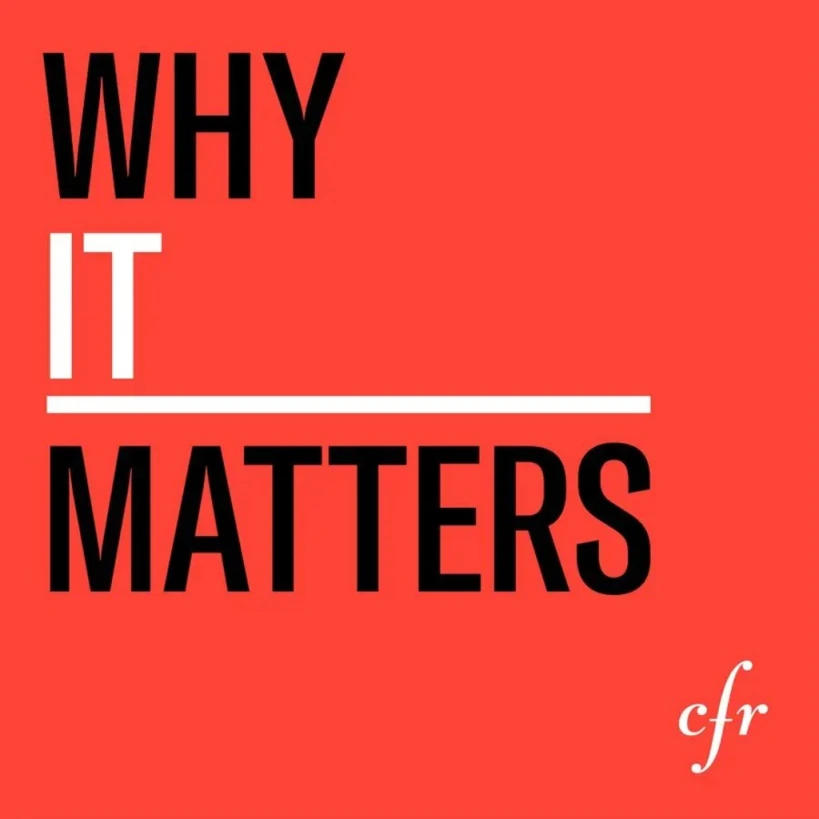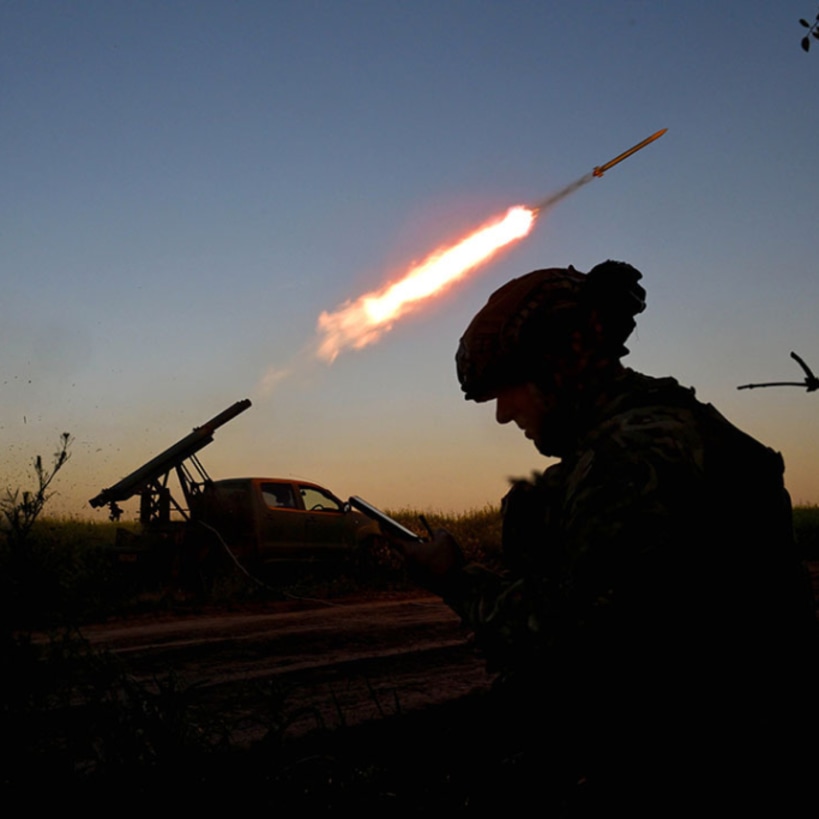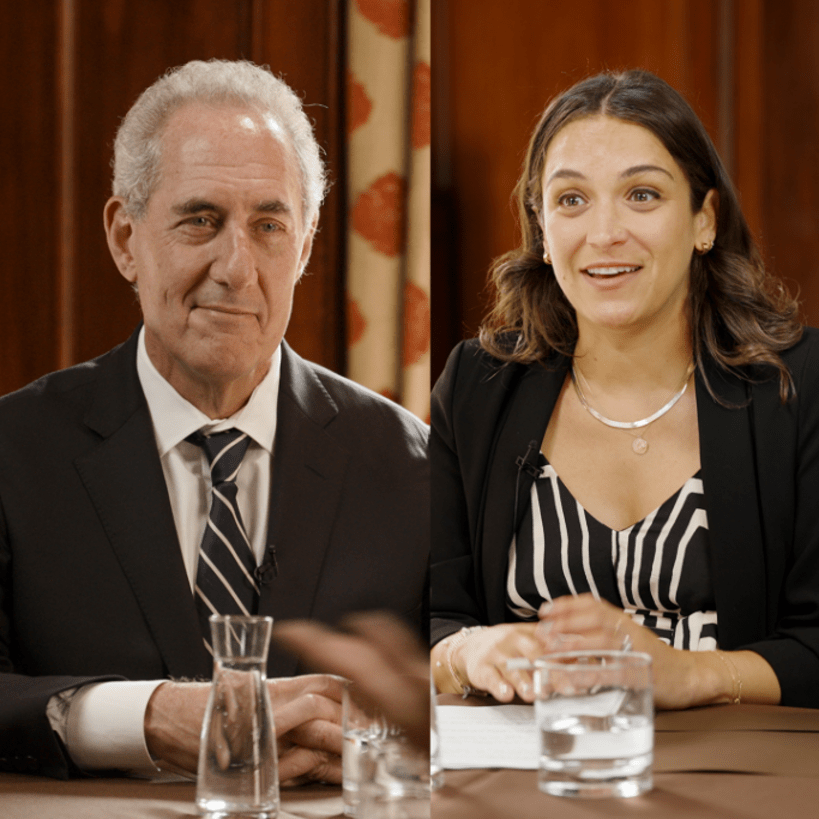Season Two Trailer
Is China exporting its authoritarian model to other countries? Is the “fast fashion” industry accelerating climate change? In season two, Why It Matters explores a new series of issues that are flying under the radar now, but won’t be for long.
Published
Host
- Gabrielle SierraDirector, Podcasting
Supervising Producer
- Asher RossLead Content Strategist
Audio Producer and Sound Designer
- Markus ZakariaAudio Producer & Sound Designer
Associate Podcast Producer
- Rafaela Siewert
Senior Producer
- Jeremy SherlickDirector of Video
Show Notes
Get caught up on season one:
Transcript
The world is a big place. And now more than ever it’s clear that global problems can become local--in a flash. In our last season, we covered 11 issues that could change our lives. Like the possibility of robots going to war--
Paul SCHARRE: Even if machines could make all the right decisions, machines aren’t going to feel the moral impact of those decisions.
And the risks of trying to cool our planet by dimming the sky.
Shuchi TALATI: I think whatever decision we make we have to do it with future generations in mind.
And how a pandemic can expose the cracks in our interconnected world.
Tom FRIEDEN: A weakness anywhere is a weakness everywhere. We can’t protect ourselves from diseases by pulling up the drawbridge around the United States.
Now, in our second season, we’re diving into new issues that may be flying under the radar but won’t be for long.
Elizabeth SEGRAN: I think it’s worth realizing that the fashion industry is hugely polluting and we are directly responsible for this impact.
Chinmayi ARUN: Is the problem that they are reading this on the internet? Or is the problem that it is being confirmed by the media?
SIERRA: What do you see as the responsibility of a private company that has so much influence in another country?
Seema MODY: So, this is a really interesting question.
Vindu GOEL: If Whatsapp had a traceability, India would not be the only country to ask, other countries would ask.
Elizabeth ECONOMY: Fundamentally what I think Xi Jinping is attempting to do is simply to make the world safe for authoritarianism.
Dayo AIYETAN: That is the kind of thing we want to prevent in Nigeria.
Elizabeth SEGRAN: In that 15-year-period, the number of clothes manufactured globally doubled.
Amber VALLETTA: Cut off those pants and make them into shorts? I don’t know.
Linda GREER: Ah, this is the point in which the podcast needs to be video so I could be wringing my hands for people to see.
So join us as we bring some of the world’s interesting stories home to you. From the Council on Foreign Relations, this is Why it Matters.






